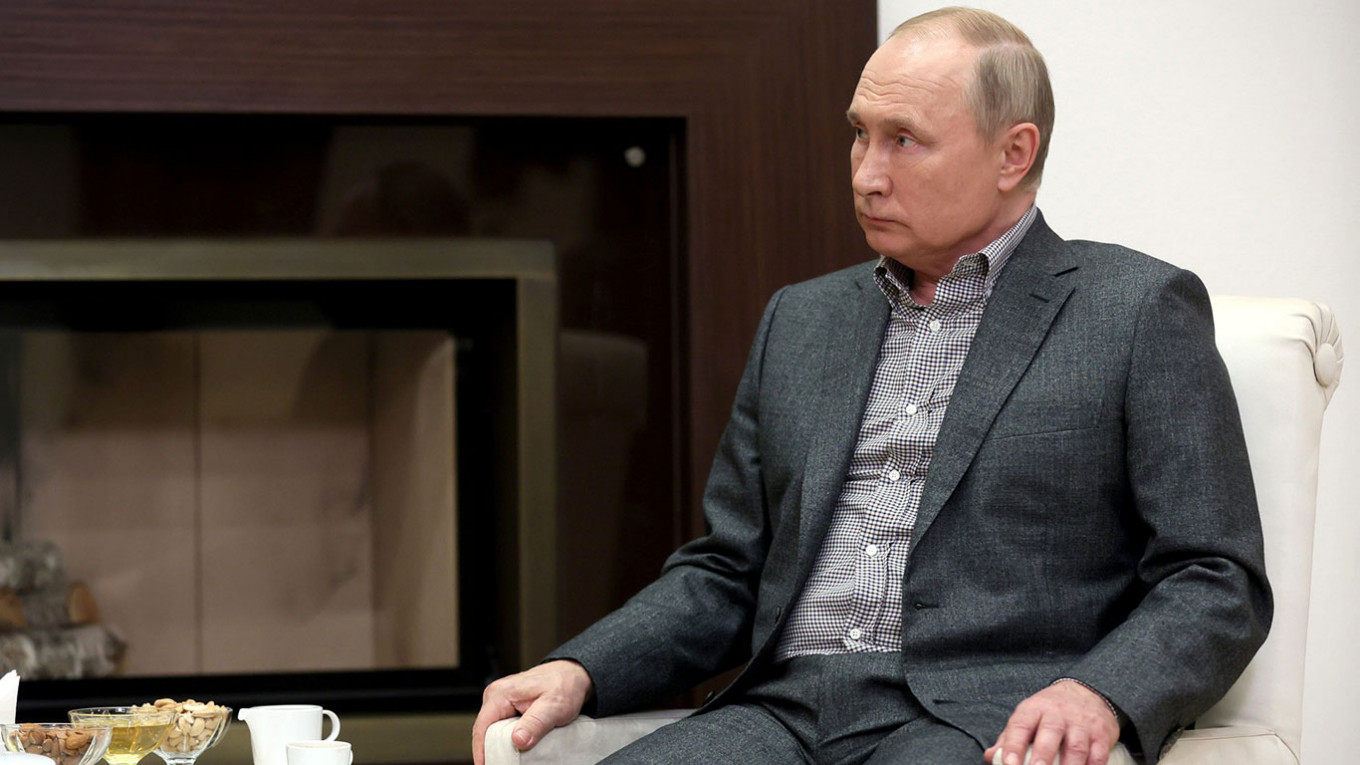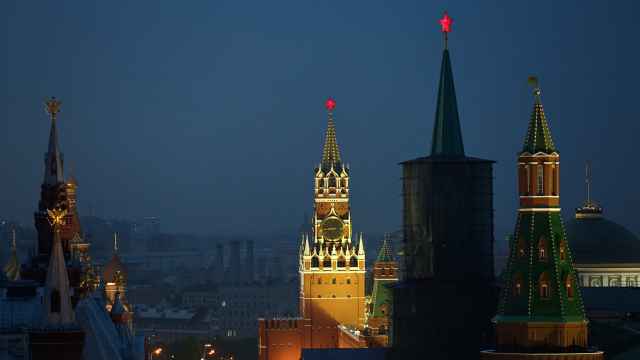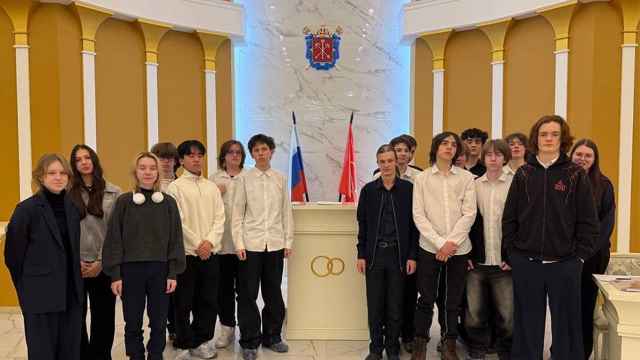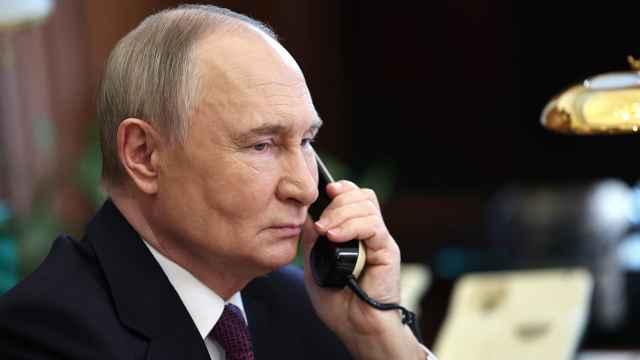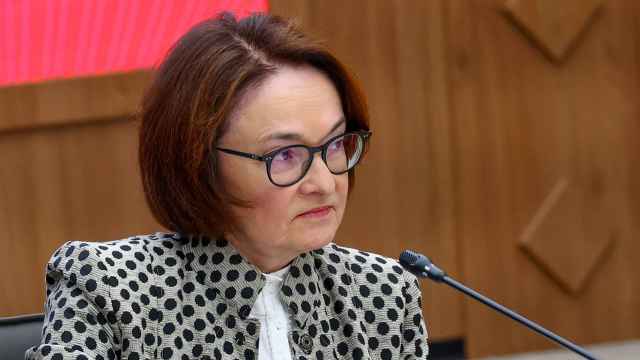Booster shot
Russian President Vladimir Putin said on Sunday he had had a third dose of a Covid vaccine, as the country struggles with a fresh wave of the virus.
"I had it two hours ago," Putin said on state television channel Rossiya 24, assuring viewers that his booster injection of the Sputnik vaccine had been painless.
Crossing over
Poland said Saturday that Belarus had changed tactics in their border crisis by now directing smaller groups of migrants to multiple points along the European Union's eastern frontier.
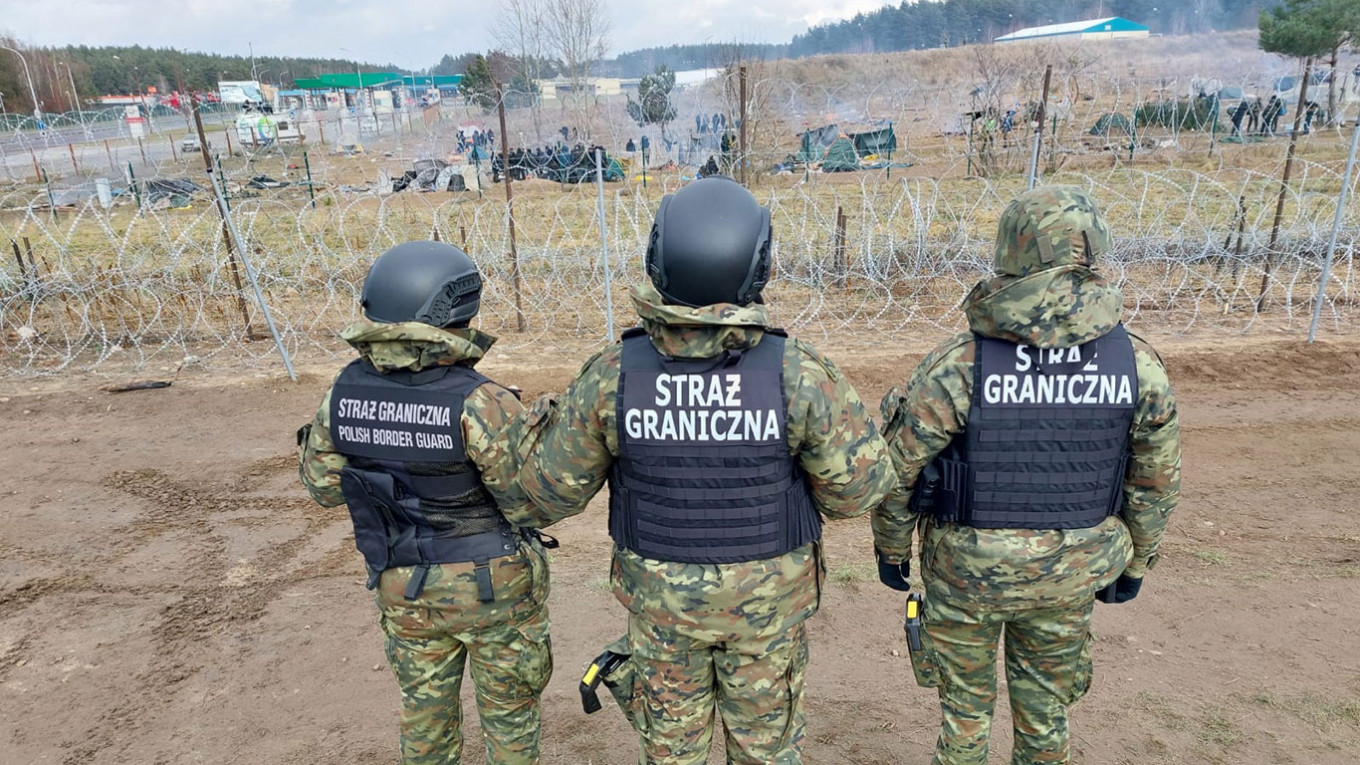
Polish border guards reported new attempted crossings by several groups mostly consisting of dozens of migrants, even if there was one crowd of 200 people hurling rocks and using tear gas.
Ukraine tensions
Kremlin spokesman Dmitry Peskov on Sunday slammed the United States for driving "hysteria" over a possible Russian invasion of Ukraine, after Western countries accused Moscow of a troop build-up near the ex-Soviet country.
His comments come as Western countries this week raised alarm over Russian military activity near Ukraine and Washington said it has "real concerns" over what it called "unusual" activity.
African influence
U.S. Secretary of State Antony Blinken on Saturday warned the shadowy Russian mercenary group Wagner over involvement in Mali as he pressed for a civilian transition in the troubled country.
France has been spearheading moves to target Wagner after its reported deal with Mali's military junta to send 1,000 contractors to help in a longstanding conflict with jihadists.
Kursk disaster
The Kursk nuclear submarine sank in 2000 after colliding with an unidentified NATO submarine, a retired admiral who oversaw Russia’s Northern Fleet said Sunday.
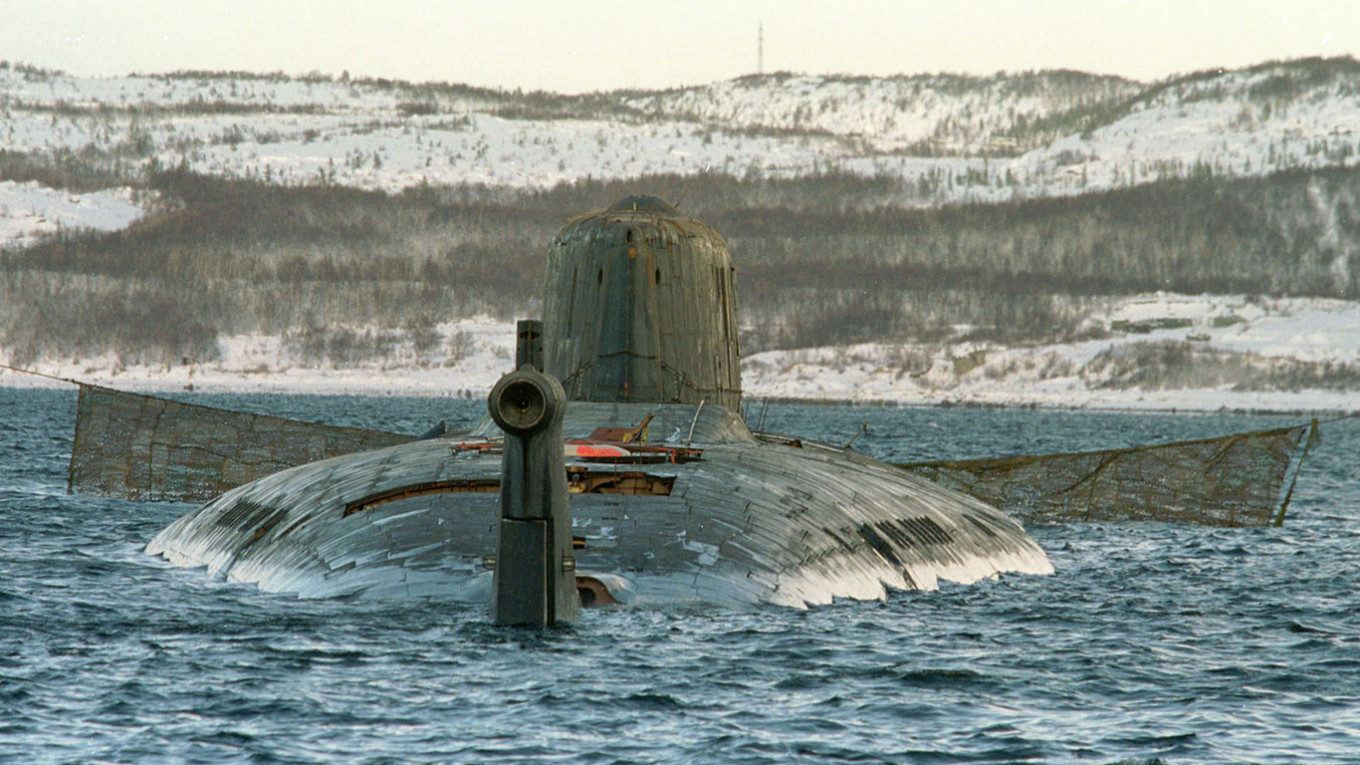
Adm. Vyacheslav Popov told the state-run RIA Novosti news agency he was “90% confident” about which submarine was near the Kursk in the Barents Sea at the time but declined to publicly name it.
AFP contributed reporting.
A Message from The Moscow Times:
Dear readers,
We are facing unprecedented challenges. Russia's Prosecutor General's Office has designated The Moscow Times as an "undesirable" organization, criminalizing our work and putting our staff at risk of prosecution. This follows our earlier unjust labeling as a "foreign agent."
These actions are direct attempts to silence independent journalism in Russia. The authorities claim our work "discredits the decisions of the Russian leadership." We see things differently: we strive to provide accurate, unbiased reporting on Russia.
We, the journalists of The Moscow Times, refuse to be silenced. But to continue our work, we need your help.
Your support, no matter how small, makes a world of difference. If you can, please support us monthly starting from just $2. It's quick to set up, and every contribution makes a significant impact.
By supporting The Moscow Times, you're defending open, independent journalism in the face of repression. Thank you for standing with us.
Remind me later.


